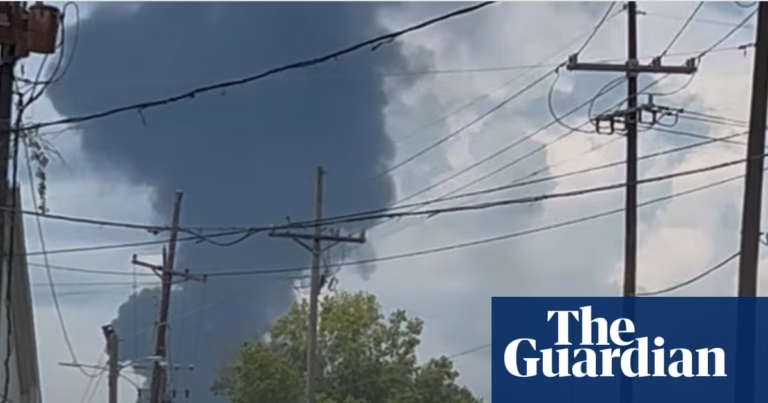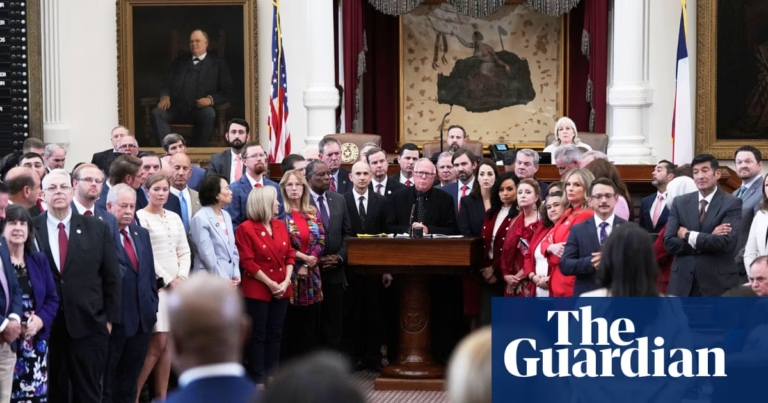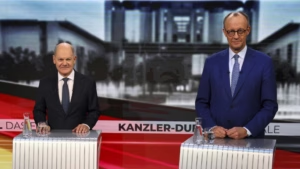The Kremlin’s invasion of Ukraine three years ago has had a profound impact on the global energy industry. It has disrupted Europe’s long-standing reliance on gas imports from Russia, which in turn has led to a global shortage in gas markets, triggering a cost of living crisis that continues to this day.
The prospect of a peace deal raises questions about whether the energy industry could become upended once again; this time, serving the interests of the US president who is brokering the deal.
Europe’s largest economy, Germany, has scrambled to replace Russian gas supplies by increasing its appetite for liquefied natural gas (LNG) delivered by tanker, but this is more expensive. As a result, Germany has also experienced a significant decrease in gas consumption as heavy industry output has slowed in the face of higher energy costs.
Additionally, European officials are considering whether Russian pipeline gas sales to the EU could be restarted as part of a potential Ukraine peace deal. Although there is concern over this idea, proponents argue that it could help ease high energy prices across Europe, which have contributed to the cost of living crisis.
The European Union’s move away from Russian gas has been partially replaced by US LNG imports. In fact, Donald Trump, who is brokering the deal, could also benefit from maintaining Europe’s newfound appetite for LNG. This could provide a clear advantage to the US if its eager new market were to shrink significantly.
The International Energy Agency has also begun warning of a new energy era in which countries transitioning to clean energy will have access to more oil, gas, and coal than needed to fuel their economic growth. This could lead to lower energy prices for households and businesses, but also threaten investments in green energy.
Furthermore, the impact is two-fold, according to the IEA. While lower energy prices could provide relief to billpayers and respite to global economies, it could also lead to trouble for green energy investments. Fatih Birol, the IEA’s executive director, warned that the shift to plentiful fossil fuels will require green alternatives to become cheaper if they hope to compete with more affordable fossil fuels.
In this scenario, fossil fuel companies could remain competitive against green alternatives for longer, which could benefit the US oil and gas industry that donated billions to Trump’s election campaign.
However, the biggest winner in Trump’s prospective Russia-Ukraine peace deal could be China. By lowering global energy costs, Trump may help the world’s largest energy importer accelerate its sluggish economy by kickstarting its manufacturing base. Meanwhile, China will also be free to extend its lead in the global race to develop green energy alternatives, while Trump scrambles to claw back support offered to renewable developers under the Biden administration.
The US’s planned 60% trade tariffs on China may mitigate some of the unintended benefits that China may reap from the new energy norm set by Trump and Vladimir Putin.
Source: https://www.theguardian.com/environment/2025/feb/23/redrawing-of-global-energy-markets-map-set-to-heap-benefits-on-us









